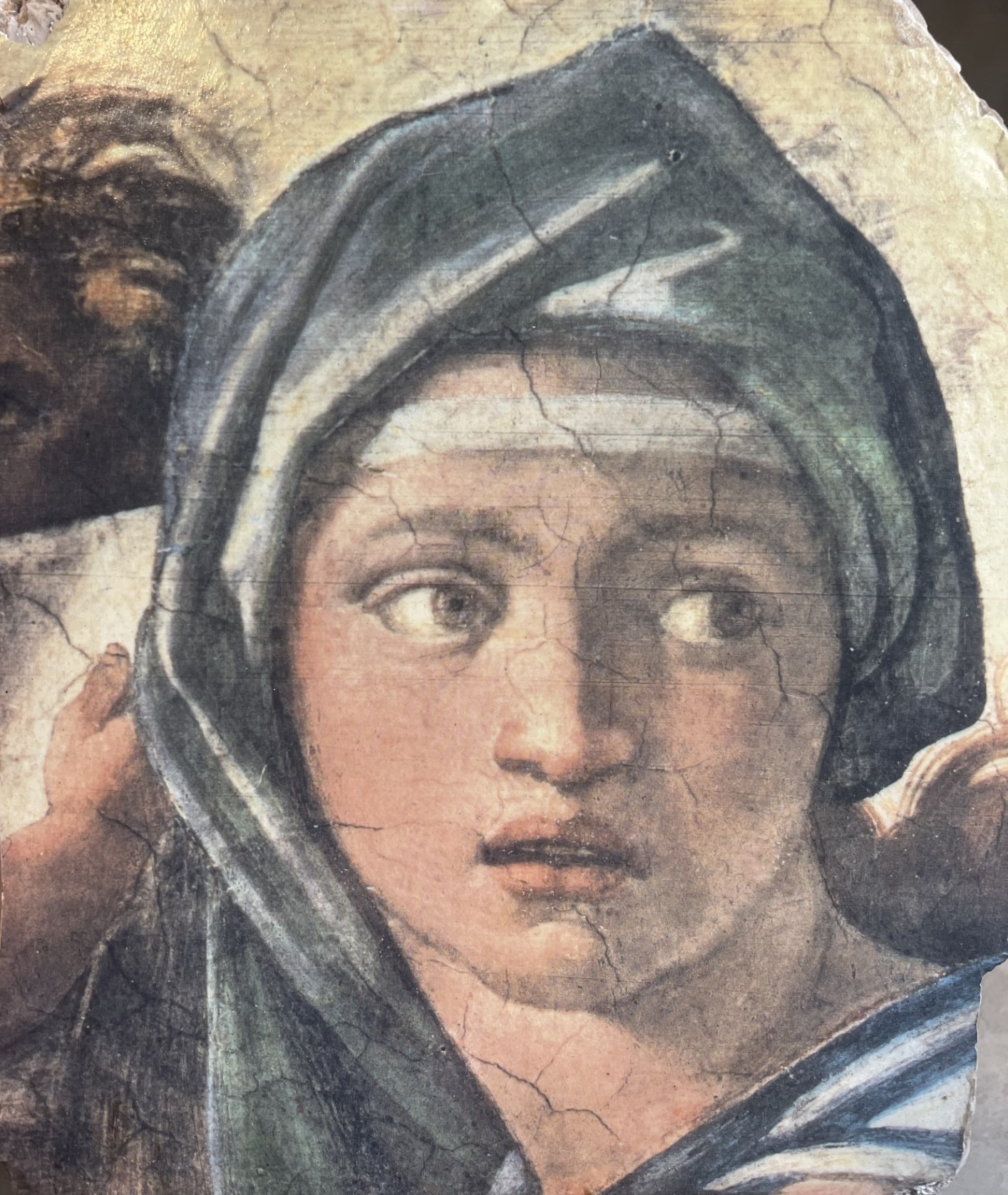Between Authority and Care
Plato’s Crito as Defense of the Philosophical Life
Résumé
This paper addresses the question as to why Socrates stays to die in prison through a novel reading of the Crito oriented by the Foucaultian notion of care (epimeleia). It argues that the Laws do not speak for Socrates (the reasons they offer for staying in prison are not reasons he could have accepted). It then reconstructs the logos that did compel Socrates to stay, through a close reading attentive to the principles of philosophical judgment suggested but never fully elaborated in the Crito. Crito’s ethical and philosophical laxity prevent Socrates from fully converting him to the philosophical life via argument, so he adopts the authoritarian voice of the Laws to prevent Crito from making a dangerous judgement. This is a compromise but nonetheless an act of care: preserving his own commitment to philosophy despite pending death, Socrates also leaves intact for Crito a model of an intrinsically good life.

